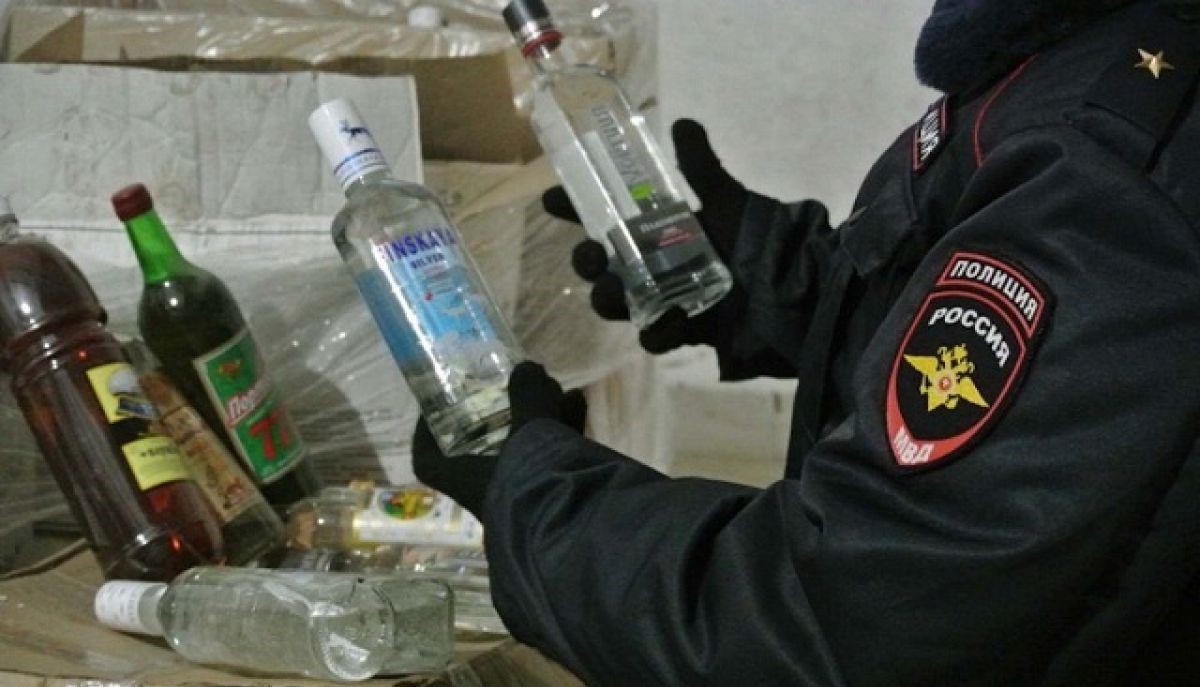The Cheap Alcohol Market Is Growing in russia
11/18/2025

Last month, russian lawmakers passed amendments that are supposed to formally regulate the methanol market. The authorities claim that the new rules – in particular, the mandatory destruction of seized substances within a month – will reduce the risk of mass poisoning. But reality tells a different story: the law is unlikely to change the situation.
Previously, methanol was stored in police warehouses for years, and it was this chaos in record keeping that created the ground for corruption schemes. Law enforcement officers stole the “material evidence” and sold it to artisanal distilleries. The amendments do not address the main problem – control over the law enforcement agencies themselves. Therefore, even after the formal destruction of methanol shipments, the risk of it showing up on the black market remains high.
Every year, about 10,000 people die from alcohol poisoning in russia, and over the past decade, there have been almost 408,000 cases of acute alcohol poisoning. Mass tragedies continue to occur: in Saratov region, there have already been 126 deaths this year, and in Leningrad region – 49 in a single incident.
Economic factors only exacerbate the problem. Low incomes stimulate demand for cheap substitutes. In 2025, sales of moonshine stills increased by 37 %, russians own 2.5 million such devices, and homemade moonshine accounts for about 20 % of the strong alcohol market. The artisanal product often contains methanol, which makes it no less dangerous.
The amendments are merely a cosmetic solution that does not address the root of the problem: corruption in law enforcement agencies and the populations’ economic poverty. The police will continue to be able to sell methanol, and the shadow alcohol market will remain a source of deadly risks for hundreds of thousands of people.
